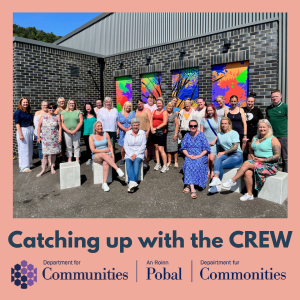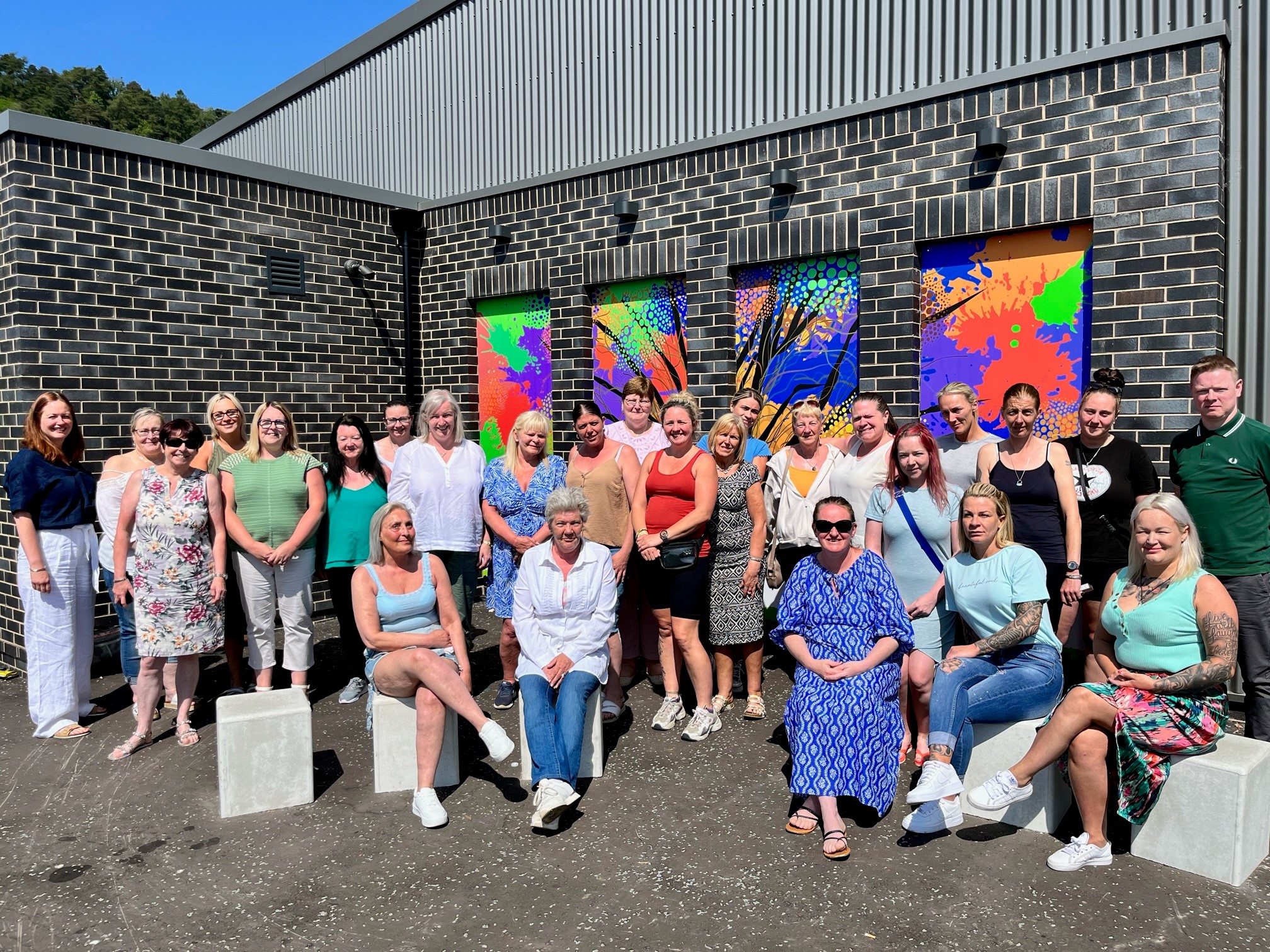The programme’s Political Advisory Group, made up of representatives from Sinn Fein, DUP, Alliance party, UUP and SDLP have today issued the following collective statement in support of the Ending The Harm campaign.
“In 2015 we all agreed that we would work together to end Paramilitarism in our society. For the last eight years there has been an enormous amount of work behind the scenes to keep people safe, break the cycle of harm caused by paramilitaries, and build resilience and confidence in communities.
Today we stand to support the latest phase of the Ending the Harm campaign.
Paramilitary and criminal gangs exploit vulnerable members of our society and they control communities using illegal moneylending, drugs, violence, and intimidation. The campaign is a reminder of that to us all and shows us what this means for people who are struggling with the cost of living; those who may have an addiction or mental health issues, or sometimes just being in the wrong place or making a bad decision when they felt they had no choice.
No-one should be a victim of paramilitary coercion or influence in any shape or form. For those who are directly affected, know that help is available without having to rely on criminals. The campaign website provides information on support for those who need it: Get Support – Ending The Harm .
We reject the existence of paramilitary or armed criminal groups in our society as normal because the harm it causes affects us all. It stymies the ability for our post-conflict society, which has come so far, to further prosper and reach its full potential. Everyone has a role to play here. For our part, we continue to support the efforts of the Executive’s Programme on Paramilitarism, Criminality and Organised Crime which delivers over 200 interventions to make a positive and tangible difference to the lives of people most affected by the harm caused by paramilitarism.”
EPPOC Political Advisory Group




